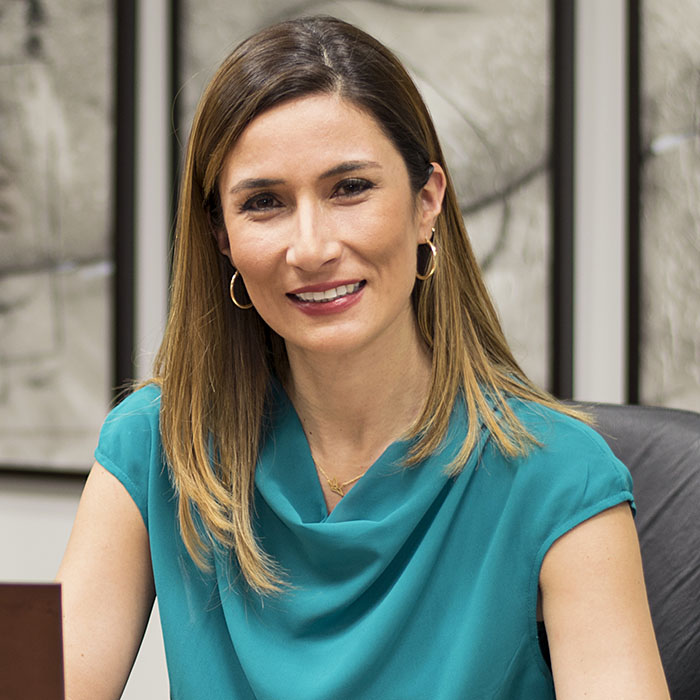Business school students and alumni share tips and experiences
Simply sign up to the Business education myFT Digest -- delivered directly to your inbox.
Blair Bugge
American, MBA, Cambridge: Judge, UK. Graduates 2018

What are the advantages and disadvantages of a one-year MBA?
A one-year MBA is less expensive and you are only out of the workforce, and without a salary, for one year versus two. The disadvantage is that you start the job-seeking process when the degree begins. I chose Judge for the small class size, international diversity and a chance to learn at one of the oldest universities in the world. If you do not know what you want to do after business school, a two-year programme gives you more time to network and explore options. A one-year MBA has an intensive workload. Focus on what you want out of the degree. Do not overcommit.
Vera Sánchez-Latour Zimmermann
Guatemalan, Multinational MBA, Esade, Spain, and Adolfo Ibáñez School of Management, Chile, 2015. Corporate bank head, Banco Promerica, Guatemala

What did you learn from studying in different countries and with mixed nationalities?
We have more in common than we imagine. We understand that businesses and economies are driven by many factors inherent to human nature, that do not vary much among different cultures.
We have all faced similar work challenges. For example, making decisions in a changing environment can be tricky, especially in Latin American countries and emerging markets, where we often have to cope with political and economic instability. The bank I work for was going through a process of cultural integration, I received very valuable advice from several students.
Stephen Robert Morse
American, MBA, Oxford: Saïd, 2016. Film director/producer, Observatory Ventures, London

How will Brexit affect UK schools’ competitiveness?
I don’t think British schools will lose their competitive edge — they are generally known for quality education. UK institutions such as Oxford and Cambridge have been around long before Brexit and will be around long after.
I chose to study in the UK as there’s so much history, culture and work opportunities that appeal to students. Compared with America, in Europe the food is way better, the people are more relaxed and diversity is celebrated. This means that studying in the UK provides many attractions for prospective students. However, the uncertainty around the vote led to fewer jobs in Britain being available for some of my classmates.
Jiyoung Ryu
Korean, Essec Business School, MSc in management, 2017. Consultant, KPMG, Paris

What was the most important lesson of your course?
The more you step out of your comfort zone, the more you will refine and achieve your ambition. The business school environment is like a jungle, requiring students to be more independent than ever. There is no set path to follow. I wanted to use my masters degree to explore different careers. Pushing myself into new areas, such as developing networks and undertaking an internship abroad, helped me discover what I wanted to do in my career, which was consulting in strategy.
Talking to alumni also helped me to find a way to switch sectors from luxury to consulting. I learnt that the success you achieve from driving your own path is the most meaningful.
Jess (Martin) Webb
Australian, MBA, University of Edinburgh Business School, 2016. Strategy manager, Indigenous Land Corporation, Sydney

Why study abroad in Europe?
As an Australian raised far from major economic hubs like London and New York, I was keen to maximise all that was on offer when doing an MBA — academically and culturally — and that is why I chose to study at the University of Edinburgh Business School.
Edinburgh is a global city, home to many international professionals and students from all sorts of cultures and backgrounds.
Our MBA class comprised 23 nationalities. I got more than just an MBA. I cultivated a global network, travelled during the weekends, took B-school treks across Asia and Europe and interned in the largest financial centre in the world (London). The return on investment will be lifelong.
Comments